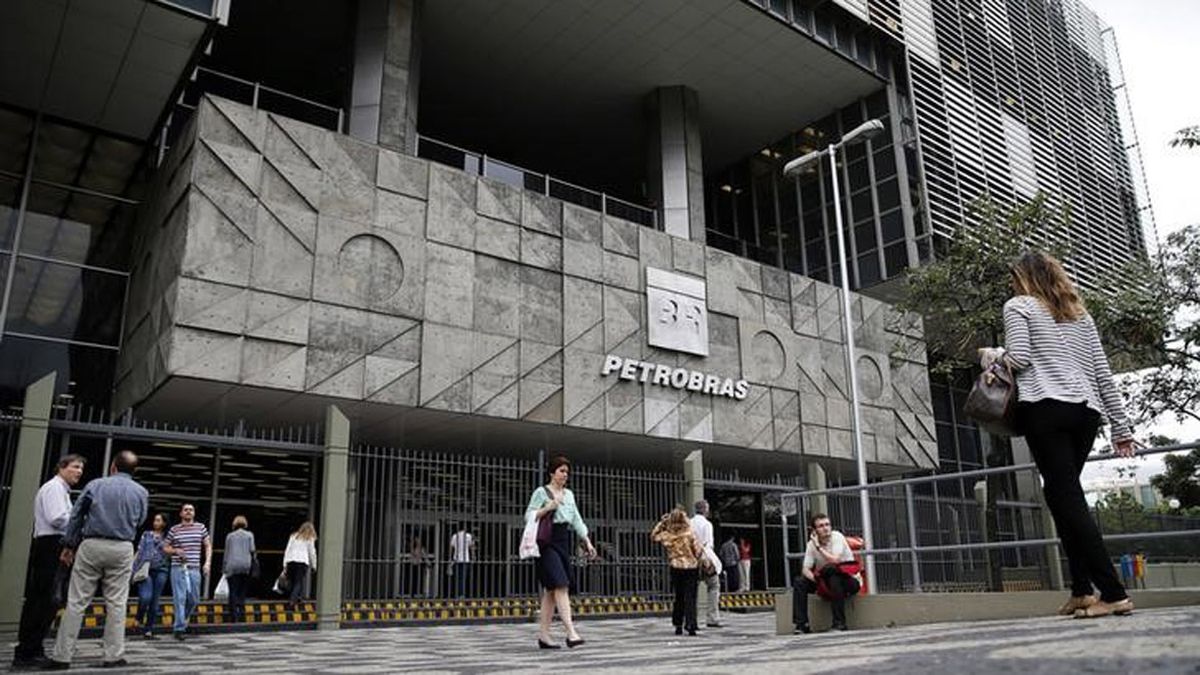Petrobras announced this Tuesday, May 16, that ends its pricing policy linked to the international price of gasoline and diesel to prevent international “volatility” from affecting local consumers. Known the news, the shares of the Brazilian oil company rose 2.5% on the Bovespa and almost 1% on Wall Street, within the framework of a negative day for both markets.
“The readjustments will continue to be carried out without a defined periodicity, avoiding passing the temporary volatility of international prices and the exchange rate to domestic prices”indicated the semi-public company in a note.
In this way, “the mandatory subordination to the import parity price is ended, maintaining the alignment with competitive prices per point of sale, with a view to the best alternative accessible to customers,” he added.
The president, Luiz Inácio Lula da Silva, had already promised during his campaign that he was going to “Brazilize” the prices of Petrobras, dependent on a policy that for the president sought “pleasing the shareholders to the detriment of the Brazilians”.
After assuming command in January, Lula appointed former senator Jean-Paul Prates to head the company with the approval of the board of directors.
In today’s statement, Prates stated that “with this commercial strategy, Petrobras will be more efficient and competitive.”
“We are going to continue following the market references, without giving up the competitive advantages of being a company with great production capacity, structure (…) and transportation throughout the country,” he added, according to the AFP news agency.
Upon becoming president, Lula decided to stop the divestment and sale of Petrobras assets that began in 2016, after the removal of President Dilma Rousseff, by the governments of Michel Temer and Jair Bolsonaro.
The policy implemented by Temer and Bolsonaro was the one that incorporated international price parity, that is, the Brazilian consumer was charged for fuel as if it were imported.
That is why last year Petrobras registered net profits of 36,000 million dollars, 76% more than in 2021. It was the largest positive result for a company in the history of Brazil.
The company, which is controlled by the Brazilian State, but is listed on the New York, Madrid and Sao Paulo stock exchanges, then announced that it was going to distribute the so-called ‘megadividends’ among private shareholders, the most important US investment funds.
Source: Ambito
I am a 24-year-old writer and journalist who has been working in the news industry for the past two years. I write primarily about market news, so if you’re looking for insights into what’s going on in the stock market or economic indicators, you’ve come to the right place. I also dabble in writing articles on lifestyle trends and pop culture news.




